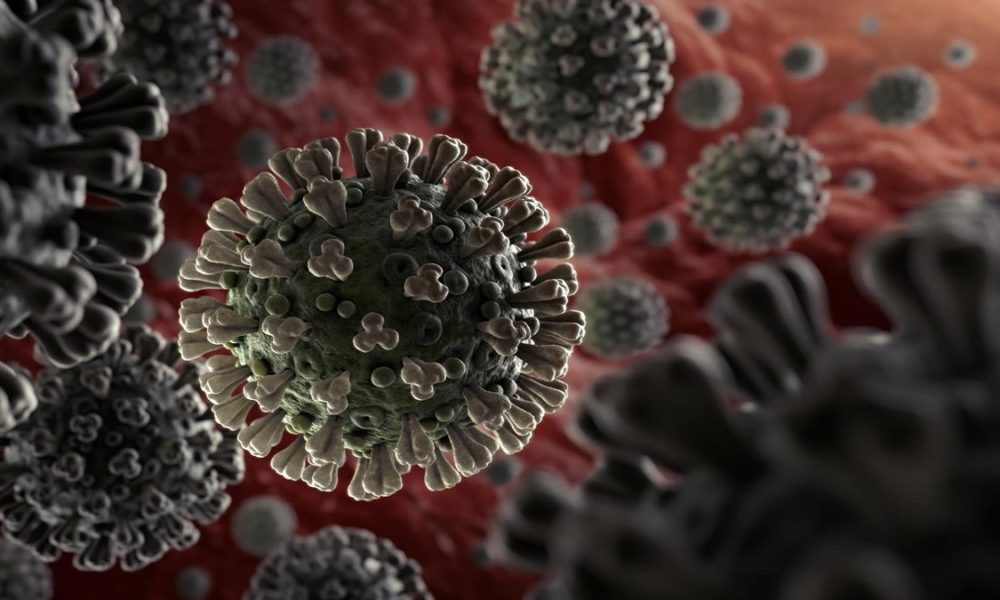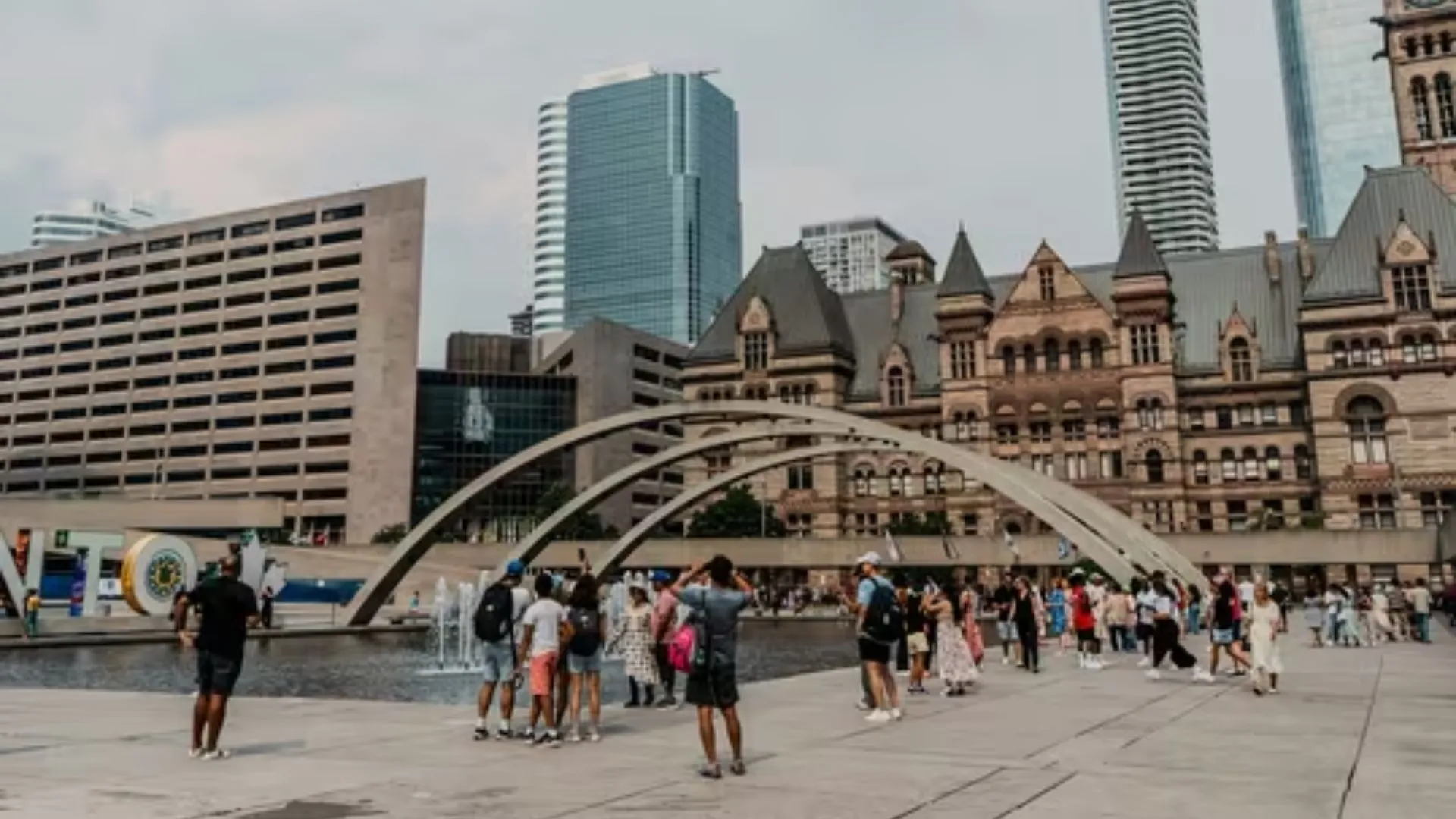The term bio-economy originally was used for the use of biological knowledge for commercial and industrial purposes. The recent understanding of the concept focuses on the use of biological sciences innovation for economic benefit and public utility. “The bio-economy covers all sectors and systems that rely on biological resources (animals, plants, micro-organisms and derived biomass, including organic waste), their functions and principles. It includes and interlinks land and marine ecosystems and the services they provide; all primary production sectors that use and produce biological resources (agriculture, forestry, fisheries and aquaculture); and all economic and industrial sectors that use biological resources and processes to produce food, feed, bio-based products, energy and services,” stated in the Bioeconomy Strategy of the European Commission. Two broad perspectives of the bio-economy include — the resource substitution perspective and the biotechnology perspective. One main driver of the resource substitution perspective was the rising oil prices around the world and the search for a better alternative. The other perspective dealt with the use of bio-technology for economic purposes. The major segments around which the bio-economy revolves are: Bio-Pharmaceuticals & Diagnostics, Bio-Agriculture, Bio-Industrial, Bio-Informatics and Bio-IT Solutions, and BioSuppliers. Bio-pharmaceuticals hold the largest value among the different segments followed by Bioagriculture, Bio-industries and Bio-services respectively. Bio-economy relies to a large extent on natural capital. It must rebuild the natural capital and this will, in turn, provide support to the ever-growing world population. The common goods such as air and water should achieve the needed balance with the economic expectations. Innovation, development and research need to be undertaken at three levels – technological, organisational, and social. Bio-economy can play a major role in ‘greening’ our Covid-19 recovery. The Global Green Growth Institute, South Korea has chalked out a Green Deal of five core areas for emerging and developing economies. These areas include Green Physical and Digital Infrastructure, Building Energy Efficient Renovations, Education and Training, Natural Capital Investment, and Green Technology R&D or Rural Support Schemes. The report has further divided each area into different sub-groups. The Green Physical & Digital Infrastructure is subgrouped into building solar and green energy assets, grid modernisation, sustainable mobility, digital network, and AI infrastructure and green urban infrastructure (Bike lanes, water recycling). The Energy Efficient Renovations include insulation, energy-efficient heating and cooling and domestic energy storage. The Education and Training includes green job training, an online education system, and an online economy system. The Natural Capital Investment includes the restoration of carbonrich habitats and climatesmart agriculture. Green Technology R&D or Rural Support Schemes includes Green Technology R&D for emerging economies and Rural Support Schemes aimed at enhancing the rural economy. The rationale for listing the different dimensions of the bio-economy is to make readers understand the broad perspective of the bio-economy. A glimpse will make readers feel that the pandemic situation in the world has moved us unknowingly towards the Bioeconomy. The development of different segments of the Bio-economy will be needed for a sustainable economy in future. Each area in itself needs a unified, directed and proactive approach to deal with. The five areas will not only help in economic recovery along with job creation but will also help in restoring natural capital which has over the years been overexploited. DNA barcoding of forests or genetic identification of livestock will help us in proper assessment and policy decisions. Knowledge transfer or rather skill transfer to the developing economies will be an added advantage to these economies which have still preserved the local biological know-how. The year 2020 and 2021 can be described in a word as the year of Covid -19. The situation for the last 14-15 months has brought new challenges. One sector that has unleashed its potential in this era is the bio-technology sector. Despite the lockdown and the unprecedented situation prevailing in 2020-2021, the Indian bio-economy sector has seen many positives. It has taken this challenge and provided confidence to the country. The size of the bio-economy has risen to $70.2 billion. The increase in revenue is mainly in the bio-pharma segment. The year 2020 saw a rise of 840 biotech start-ups out of which about 61% is in the bio-medical segment. Bio-economy has played a major role in bringing change in different countries. Colombia has done strategic interventions in the Amazon region to boost the bio-economy. These include forest governance, sustainable sectoral development etc. The Philippines has supported the farmers of the country to develop future ‘Agripreneurs’. This resulted in increased employment, income and job opportunities. The Philippines has also strengthened the value chain support to boost its rural economy. Senegal, which is dependent to a large extent on fossil fuels, is moving towards self-sufficiency in rice cultivation through the use of solar-powered pumping stations reducing CO2 emissions. The bio-economy industry in India has strengthened its vaccine capabilities, increased its testing capabilities and provided support to the economy during the time of the pandemic. However, for a country as large as India and in a situation of a pandemic like Covid-19 lot more needs to be done. The foresightedness and timely policy decisions would have given a new boost to the bio-economy industry. It is not only necessary for the economy but also for the benefit of the people of the country. We claim to be the pharmacy of the world but we also have to become the hub of cutting-edge innovation and research. History shows that past ‘Black-Swan’ events like Black Death, Cholera Outbreak (1830s), Spanish Flu (1918) have been overcome by different cultural and innovative approaches. The current situation due to Covid-19 needs a similar action. Bio-economy can provide such a novel approach.
Dr Kunwar Pushpendra Pratap Singh is a journalist and expert on international relations & Dr Siddharth Singh is an Assistant Professor of Economics at Department of Economics, DAV, Banaras Hindu University, Varan

















